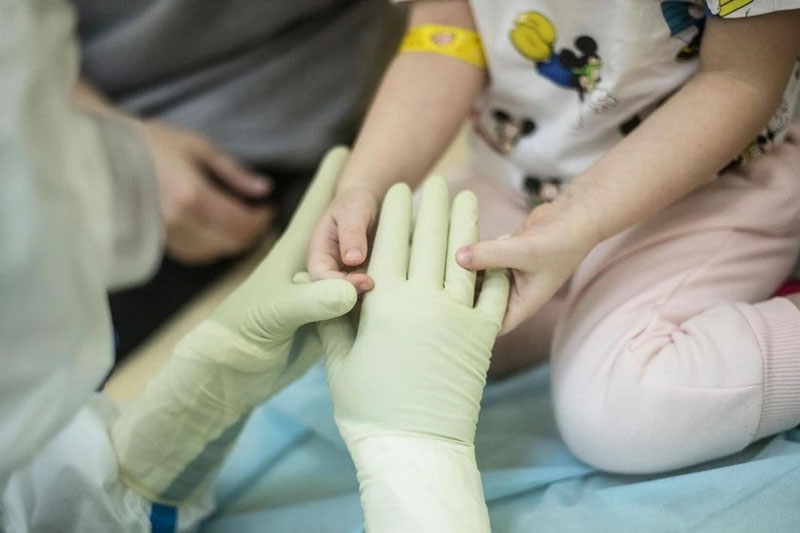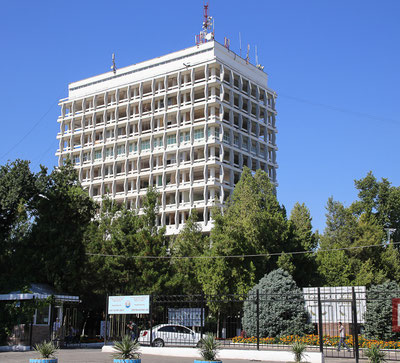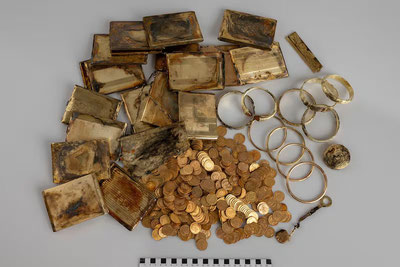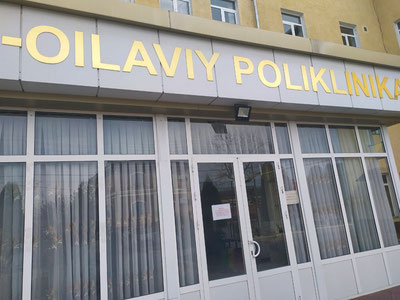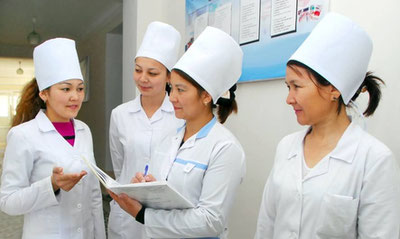President Shavkat Mirziyoyev signed a decree on measures to implement the national strategy to combat childhood cancer in 2025—2030 decision .
The strategy development was supported by the World Health Organization (WHO), United Nations Children's Fund (UNICEF), Vienna International Medical University, and other international organizations.
In Uzbekistan, the main goals for fighting childhood cancer during 2025−2030 include:
- increasing the cases of early detection of childhood cancer to 65 percent;
- improving the 1-year survival of children with oncologic and oncohematologic diseases from 34 percent to 90 percent, and the 5-year survival to at least 60 percent;
- providing 100 percent of children suffering from cancer with specialized medical care.
The priority tasks of the strategy include implementing modern early diagnosis and treatment programs, improving the infrastructure of medical institutions, training qualified personnel, digitizing medical services, introducing a comprehensive monitoring system, as well as psychological and social support.
The project implementation will start in medical institutions in Samarkand city and in the Ishtikhon district of Samarkand region. If the necessary conditions are created, its coverage will expand to other regions of the country.
To develop and share experiences in pediatric oncology, hematology, and immunology among regional countries, an international academic hub for childhood cancer will be established in the form of a state institution, in collaboration with leading European university clinics. It will be located at the Scientific and Practical Medical Center for Pediatrics, Oncology, Hematology, and Immunology.
The academic hub is considered a scientific-educational institution and is assigned the following main tasks:
- implementing international educational programs that align with international certification and continuous medical education point collection standards;
- training qualified medical and scientific personnel for services in pediatric oncology, hematology, and immunology through organization of retraining and advanced training;
- conducting advanced clinical and practical research aimed at developing and implementing modern methods for the early detection, diagnosis, and treatment of oncologic and oncohematologic diseases in children, and introducing innovations;
- developing and strengthening the scientific potential in pediatric oncology, hematology, and immunology at medical institutions, as well as promoting international cooperation and integration into global academic and research networks;
- conducting clinical trials of promising medicines and treatment methods in accordance with the requirements of the Ministry of Health, in cooperation with leading foreign pharmaceutical companies and medical centers;
- analyzing and forecasting epidemiological trends in childhood cancer incidence for strategic planning and development of preventive measures.
By January 1, 2028, academic hub purchases of educational and scientific laboratory equipment, computer technology, multimedia products, educational and scientific-methodological literature, inventory, and material-technical resources not produced in the republic and approved in an established order will be exempt from customs duties. Value-added tax and customs clearance fees are an exception.
By July 1, a digitized patient pathway including registration, diagnosis, treatment, dispensary observation, and referral processes for children with oncologic and oncohematologic diseases will be introduced in the "Electronic Health" information system. It will enable remote appointment scheduling and online consultations.
By the end of 2025, artificial intelligence technologies will be implemented within the framework of implementing the strategy project.
